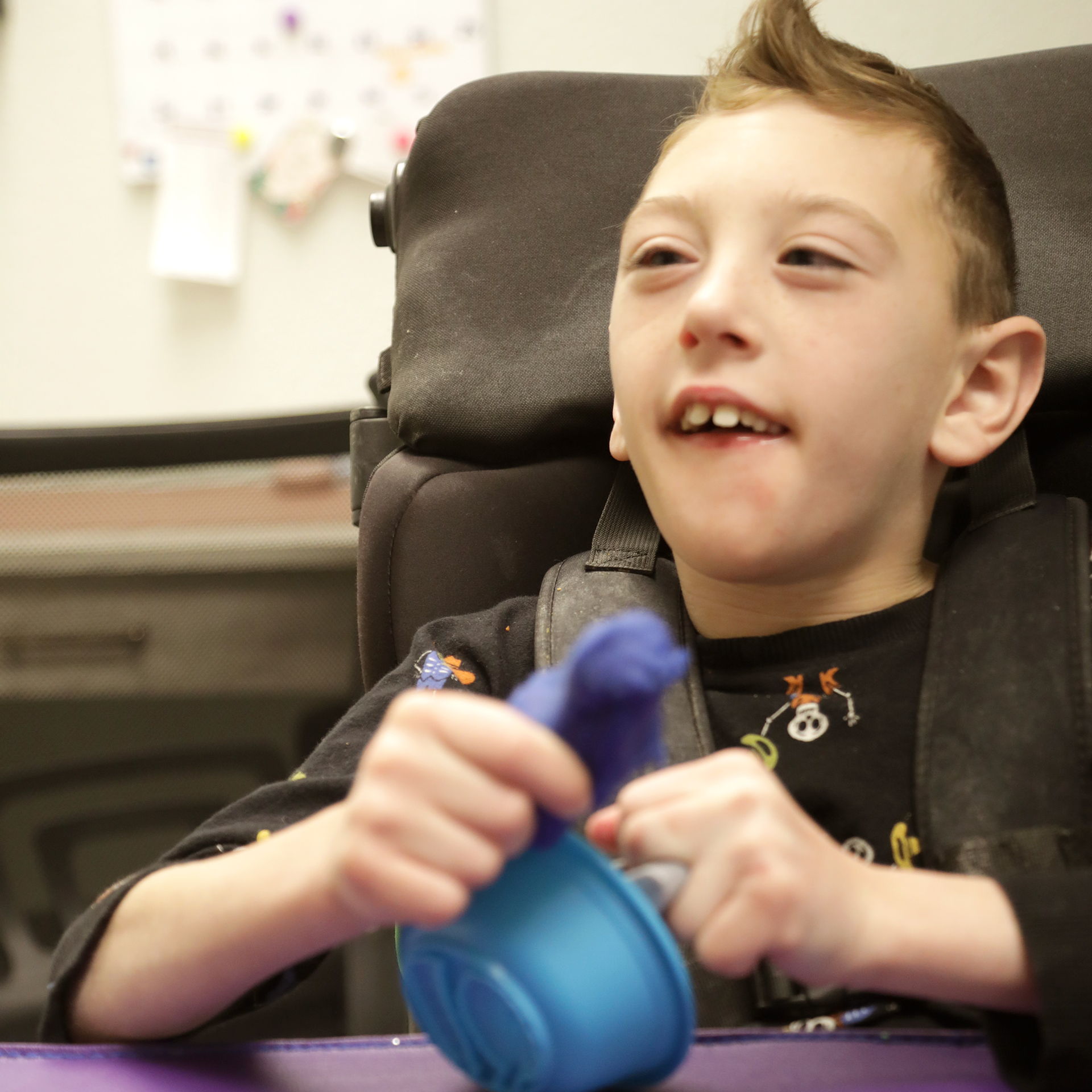Is RBT Certification Worth It?


Introduction to RBT Certification
Registered Behavior Technician (RBT) certification is becoming increasingly popular, especially among those entering the field of Applied Behavior Analysis (ABA). This article aims to explore whether obtaining this certification is worth the investment of time, effort, and resources by examining its benefits, career opportunities, training requirements, and personal and professional growth implications.
Advantages of Obtaining RBT Certification

What are the benefits of obtaining an RBT certification?
Obtaining an RBT certification provides numerous benefits, particularly for those pursuing a career in behavioral therapy. It serves as a foundational credential, offering thorough training in Applied Behavior Analysis (ABA) principles essential for effectively assisting individuals, especially those with Autism Spectrum Disorder (ASD). Candidates complete 40 hours of supervised training, ensuring they gain the necessary skills and knowledge to implement effective interventions.
How does RBT certification contribute to job security and salary benefits?
With a growing demand for ABA services linked to rising autism diagnoses, RBTs enjoy strong job security. The average salary for RBTs ranges significantly; entry-level positions typically earn around $30,000 annually while intermediate RBTs can make approximately $54,000. Experienced RBTs often see salaries rise considerably, creating a lucrative career pathway in the field.
What is the significance of national recognition for RBT certification?
The RBT certification is recognized nationally, allowing flexibility in job location and offering opportunities in various settings, including schools and healthcare facilities. This nationwide recognition enhances job prospects and provides individuals with a versatile credential. RBTs gain valuable exposure and experience that can lead them towards advanced roles, such as Board Certified Behavior Analyst (BCBA), thereby increasing their professional development and potential earnings.
Career Opportunities and Salary Prospects

What are the career opportunities and salary prospects for RBTs?
Registered Behavior Technicians (RBTs) enjoy a growing landscape of career opportunities and competitive salary prospects. As of 2023, the average salary for an RBT in the United States is approximately $54,000 per year. Entry-level positions typically start around $30,000, while experienced RBTs can earn over $50,000.
Influence of experience and location on salary
Salaries for RBTs can vary widely based on experience and geographic location. For instance, those working in urban areas tend to earn higher salaries due to the increased demand for ABA therapy services. As RBTs gain experience and skills, their earning potential increases significantly, aligning with their deeper understanding of applied behavior analysis practices.
Career advancement opportunities
Certification as an RBT can also serve as a stepping stone toward further advancement in the field. Many professionals choose to pursue additional certifications, such as becoming a Board Certified Behavior Analyst (BCBA), which can enhance responsibilities and increase average earnings to around $68,554 per year. Furthermore, RBTs who seek further education and mentorship open up options for career growth, including supervisory roles and private practice opportunities.
| Salary Level | Estimated Annual Salary | Potential Growth Opportunities |
|---|---|---|
| Entry-level RBT | ~$30,000 | Experience leads to intermediate roles. |
| Intermediate RBT | ~$54,000 | Pathway to BCBA and supervisory roles. |
| Experienced RBT | >$50,000 | Possibilities to establish private practice. |
| BCBA | ~$68,554 | Advanced career options in behavior analysis. |
Training and Responsibilities of an RBT

What are the training requirements and job responsibilities of a Registered Behavior Technician?
To embark on the journey to become a Registered Behavior Technician (RBT), candidates need to meet specific criteria. Firstly, they must be at least 18 years old and possess a high school diploma or equivalent. A background check is necessary, ensuring a safe environment for clients. The most critical component is the completion of a 40-hour training program designed to impart essential ABA techniques and interventions.
After completing the training, candidates are required to pass a competency assessment, which serves as a practical evaluation of their skills. This is followed by an RBT exam, comprised of 85 multiple-choice questions that further assess their knowledge in applied behavior analysis.
RBTs play a pivotal role in implementing intervention plans designed by Board Certified Behavior Analysts (BCBAs) or Board Certified Assistant Behavior Analysts (BCaBAs). Their responsibilities include providing direct services to clients, which encompass teaching replacement behaviors, adaptive living skills, and tracking client progress through meticulous data recording.
Ethical standards and supervision
RBTs operate under close supervision from qualified professionals, ensuring adherence to ethical standards set forth by the Behavior Analyst Certification Board. This level of oversight maintains accountability within the service delivery process. Additionally, RBT certification is not permanent; it must be renewed annually, which necessitates demonstrating ongoing competency and commitment to the RBT Ethics Code. This professional recognition not only enhances a technician's credibility but also highlights their dedication to ethical practice in the field.
Impact on Personal and Professional Growth

How does RBT certification impact personal and professional growth?
RBT certification profoundly influences personal and professional growth by equipping individuals with essential skills in behavior management and applied behavior analysis (ABA). Training includes 40 hours of supervised instruction and practical experience, ensuring that RBTs have a solid grasp of effective interventions.
Skill Development
Through the certification process, individuals learn to implement treatment plans, track client progress, and provide individualized behavioral support. This hands-on experience fosters critical skills that are applicable across various settings where behavior-analytic interventions are utilized.
Career Progression Possibilities
Obtaining RBT certification opens doors to enhanced career opportunities in pediatric behavioral health. Many employers prefer or require this certification, making candidates more competitive in the job market. Notably, RBTs can use this role as a stepping stone to advanced credentials like Board Certified Behavior Analyst (BCBA) or Board Certified Assistant Behavior Analyst (BCaBA), which can significantly increase their earning potential.
| Career Stage | Average Salary | Job Demand |
|---|---|---|
| Entry-Level RBT | $30,000 | High |
| Intermediate RBT | $54,000 | Growing |
| Experienced RBT | $50,000+ | Stable & Increasing |
Personal Satisfaction and Impact
The role of an RBT offers meaningful work, allowing practitioners to contribute to the educational success of children with autism and developmental disabilities. Many RBTs report high levels of job satisfaction as they witness the tangible progress their clients make, leading to personal fulfillment. The sense of purpose gained through helping others not only enriches their professional journey but also fosters a deep emotional connection to the work, making it a rewarding career path.
Overall, obtaining RBT certification nurtures personal growth and fosters a strong commitment to ethical standards and professional development.
Working with Individuals with Autism: Challenges and Rewards

Role of RBTs in autistic support
As a Registered Behavior Technician (RBT), your primary role involves implementing individualized behavior intervention plans designed specifically for children with autism. This entails working under the supervision of a Board-Certified Behavior Analyst (BCBA), allowing for integrated therapy within various environments such as homes, schools, and community centers.
RBTs apply evidence-based practices, teaching crucial skills including communication, social interaction, and adaptive living. They are trained to address challenging behaviors compassionately and effectively, greatly enhancing the therapeutic experience for children and their families.
Job market demand
The demand for RBTs is skyrocketing, driven by a shortage of trained professionals and an increased awareness of autism and behavioral therapy's benefits. Many employers require RBT certification, creating a definite pathway for career advancement. Job security is strong, as the mounting need for autism support within educational and health services presents numerous employment opportunities.
Moreover, RBTs with certification can expect better job prospects and potentially higher salaries. As of 2023, intermediate RBTs in the U.S. earn around $54,000 annually, with entry-level positions starting at approximately $30,000.
Contribution to client development
RBTs contribute significantly to client progress through direct, hands-on support. They track behavioral data to measure effectiveness, helping to adjust treatment plans accordingly. Watching clients achieve their targets, such as mastering self-help skills or improving communication, provides immense job satisfaction.
Despite the emotional demands of the role, the ability to make a tangible difference in a child’s development is profoundly rewarding. By fostering independence and enhancing daily living skills, RBTs play an invaluable role in promoting the well-being of individuals with autism.
Conclusion: Weighing the Worth of RBT Certification
RBT certification offers a well-rounded foundation for a career in applied behavior analysis, with significant benefits such as job security, career progression, and personal fulfillment. Despite the emotional and financial challenges, the opportunity to make a meaningful difference in the lives of others, particularly children with autism, can be exceptionally rewarding. For those passionate about this field, RBT certification is more than just a credential; it represents a commitment to enhancing the lives of individuals through evidence-based practices and continuous professional development. The increasing demand for skilled RBTs further underlines the value of obtaining this certification.
References
- Is RBT Certification Worth It? Yes, Here's Why
- Is RBT Certification Worth It? Exploring the Benefits - Level Ahead ABA
- Is Becoming an RBT Right for Me? | BAYADA Work-Life
- Is an RBT certification worth it? - Zippia
- Is RBT Certification Worth It? Yes, Here's Why
- Beyond the Basics: Uncovering RBT Certification Salary Prospects
- Transforming Roles: RBT Career Progression Unveiled towards BCBA
Recent articles

How Pediatric Therapy Helps Kids Thrive across Montana and Wyoming
A supportive guide for families exploring therapy options in Billings, Butte, Missoula or Sheridan.

How to Choose the Right Pediatric Therapy Clinic in Billings, Montana
A Parent‑Friendly Guide To Finding The Best Support For Your Child

Expressive Speech Delay 2-Year-Old
Understanding and Addressing Expressive Speech Delay in Toddlers

How Speech Recognition Works
Unlocking the Power of Speech Recognition in Therapy and Healthcare

Autism and Head Size
Understanding the Complex Relationship Between Autism and Head Size

Occupational Therapy in Autism
Enhancing Independence and Quality of Life Through Occupational Therapy in Autism

